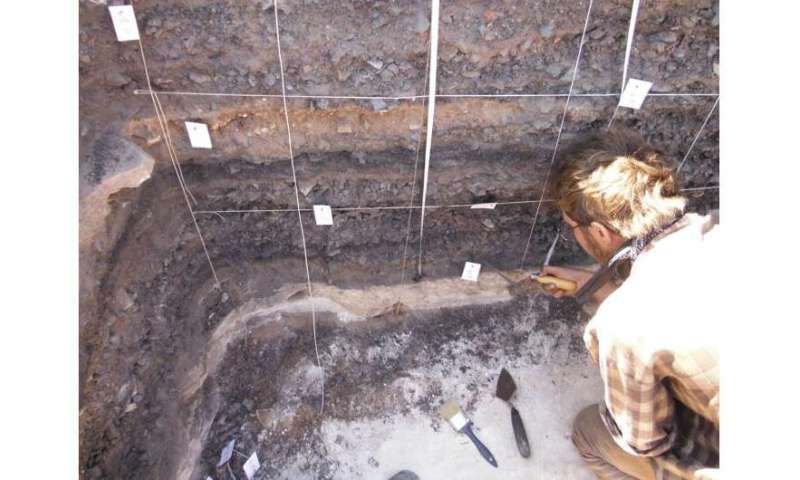Best of Last Week—Coastal cities sinking, when to charge electric cars, prepping for deflecting asteroids

It was a busy week for the study of human impacts on the planet as a team of researchers at Tel Aviv University found evidence of human activity 3,000 years ago that destroyed local vegetation and irreparably damaged the Timna Valley environment. Analysis of ancient charcoal pits revealed deterioration of firewood quality due to overuse. Also, a small international team of archaeologists found that many ancient Maya cities were dangerously contaminated with mercury due to overuse of products that contained the toxic metal. And a team of researchers at Nanyang Technological University, working with a group at NASA's Jet Propulsion Laboratory and another colleague from ETH Zürich, found that parts of many coastal cities are sinking faster than the sea is rising due to land subsidence.
In technology news, a team at Stanford University found that charging electric vehicles at home at night is not the way to go. The stress on the electric grid, they found, could increase peak demand by 25%. Also, a team with members from institutions across the U.S. developed a cobalt-free cathode for lithium-ion batteries—an option that could mitigate price volatility and geopolitical complications. And a combined team from the Department of Energy's Oak Ridge National Laboratory and the University of Tennessee, Knoxville, developed a lithium-ion battery material that breaks the barrier on fast charging, potentially opening a pathway to improved charging for electric vehicles. Also, a team of researchers at the Chinese Academy of Sciences developed a new way to generate electricity using ocean waves by harnessing static electricity.
In other news, a trio of researchers at the University of Houston discovered a muscle that can promote glucose and fat burning to fuel metabolism for hours while sitting. Stimulation of the soleus muscle in the calf, they found, could elevate muscle metabolism. Also, a team at NASA has been developing a means for deflecting an asteroid, which is a key test of planetary defense. And finally, a team with members from the University of Colorado, the University of Arizona and Alma College found that resistance-breathing training using a device called POWERbreathe can lower blood pressure. In some cases, it works as well as medications or exercise.
© 2022 Science X Network